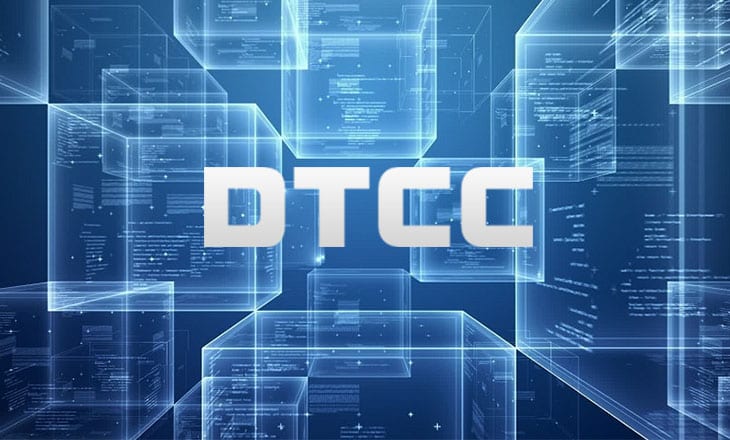The Depository Trust & Clearing Corporation (DTCC), the premier post-trade market infrastructure for the global financial services industry, has announced the results of a benchmark study which demonstrated for the first time ever that distributed ledger technology (DLT) is capable of supporting average daily trading volumes in the US equity market of more than 100 million trades per day.
The study, which was conducted by Accenture with additional support provided by technology service providers Digital Asset (DA) and R3, proved that DLT can perform at levels necessary to process an entire trading day’s volume at peak rates, which equates to 115,000,000 daily trades, or 6,300 trades per second for five continuous hours. Currently, public blockchains supporting crypto-currencies operate at single or double digit per second performance, which until now was the only indication of the potential volume that a private DLT might be able to support.
DTCC noted that the study provided a starting point and only tested basic functionality. Additional work will be necessary for DTCC to determine if DLT can meet the resiliency, security, operational needs and regulatory requirements of its existing clearance and settlement system.
Murray Pozmanter, Head of Clearing Agency Services at DTCC, said:
We are excited to lead this important work to advance the performance capabilities of DLT and help create new possibilities for leveraging the technology more broadly across financial markets. As an early adopter of DLT, we are encouraged by the results of the study because they prove that the technology’s performance can scale to meet the needs of markets of different sizes and maturity.
Functional Prototype of US Equity Clearance & Settlement System
DTCC commissioned the benchmark study and provided expertise and requirements for Accenture to build functional prototypes of the US equities clearing and settlement system using DLT. During the 19-week study, DTCC and Accenture ran DLT performance tests using commercial DLT platforms offered by Digital Asset (DA platform) and R3 (Corda platform), whose engineers provided support on performance tuning. DTCC’s main objective was to analyze DLT’s ability to process the massive trading volumes of the US equities market, not the capabilities of individual commercial platforms.
Accenture built a network of more than 170 nodes to model the financial ecosystem of exchanges, market participants and broker/dealers supported by DTCC. The prototypes were designed to test the capture of matched equities trades from exchange DLT nodes, novation of those trades with DTCC acting as the central counterparty (CCP) to maintain trading anonymity on the ledger, creation of netted obligations and settlement of the trades. The test environment for this study was setup in the cloud.
This project answered key questions and built serious confidence in blockchain’s ability to drive large scale transformation,” commented David Treat, Managing Director, Global Blockchain Lead, Accenture. “The close collaboration with the DTCC and our alliance partners, Digital Asset and R3, enables us to push DLT performance to new levels against real world requirements and conditions.
DTCC has been actively involved in DLT projects for over 3 years and during that time, we have seen technology platforms continue to mature, but concerns have loomed around the scalability of DLT,” stated Rob Palatnick, Managing Director of IT Architecture at DTCC. “This study is a natural next step in our efforts to advance the use of DLT, and we look forward to continuing to work collaboratively with the industry to identify new opportunities to use the technology to enhance the post-trade process.
